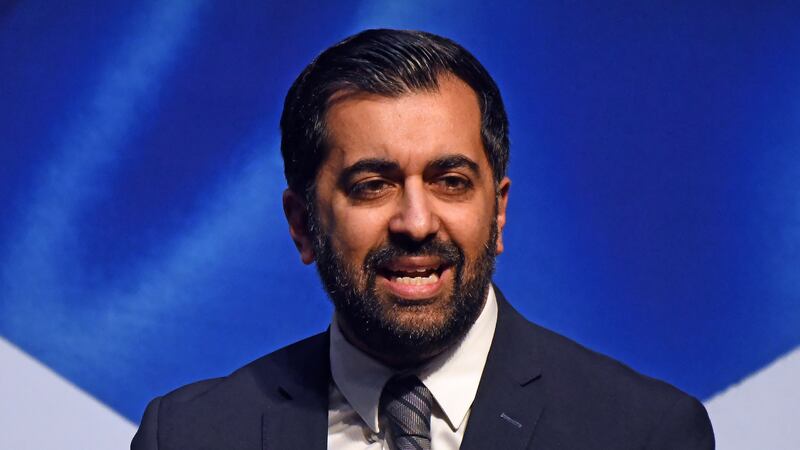PUPILS are increasingly likely to be made unconditional offers for university places before they sit their A-levels.
The number of unconditional offers made to 18 year-olds from Northern Ireland, England and Wales has risen dramatically in five years.
Research by admissions service Ucas found there were 2,985 offers recorded as unconditional in 2013.
In 2018, the figure was 67,915 - accounting for 7.1 per cent of all offers.
This is the first time Ucas has analysed offer-making patterns.
The analysis considered 18 year-olds in Britain and Northern Ireland who typically apply to university with qualification results pending.
When universities make an offer, it can either be conditional or unconditional.
Conditional offers usually specify the grades needed to achieve in A-levels, BTECs, or other relevant qualification, to be accepted onto a course.
Unconditional offers do not have any further academic requirements the student needs to meet. This means students accepted unconditionally before they complete A-levels would not have to sit the exams.
Such offers have always been a part of the admissions process and are used in a variety of circumstances, including to mature students who have already achieved their qualifications.
They may also be made to those applying for creative arts courses, after submitting a portfolio, or following a successful interview or audition. Artistic flair is likely to be viewed as a better indication of potential than traditional grades.
On some occasions they may also be made to reduce the stress some young people might feel during the high pressure exam period.
Some institutions also use them to attract and retain interest from students in a competitive marketplace.
The increased prevalence of unconditional offer-making, the study found, "has brought with it a greater interest in the volume of this practice, especially to applicants who have not been awarded their final qualifications".
Helen Thorne, Ucas' Director of External Relations, said students should take the time to carefully think about all their options fully before accepting an unconditional
offer.
"While unconditional offers are made for a number of reasons, we believe that universities should always emphasise to students the importance of completing their studies to the best of their abilities," she said.
"This will help make sure they're well prepared for their degree course, and for future employment.
"Later this year, we'll be publishing more detailed analysis of offer-making, including any impact on students’ attainment."








